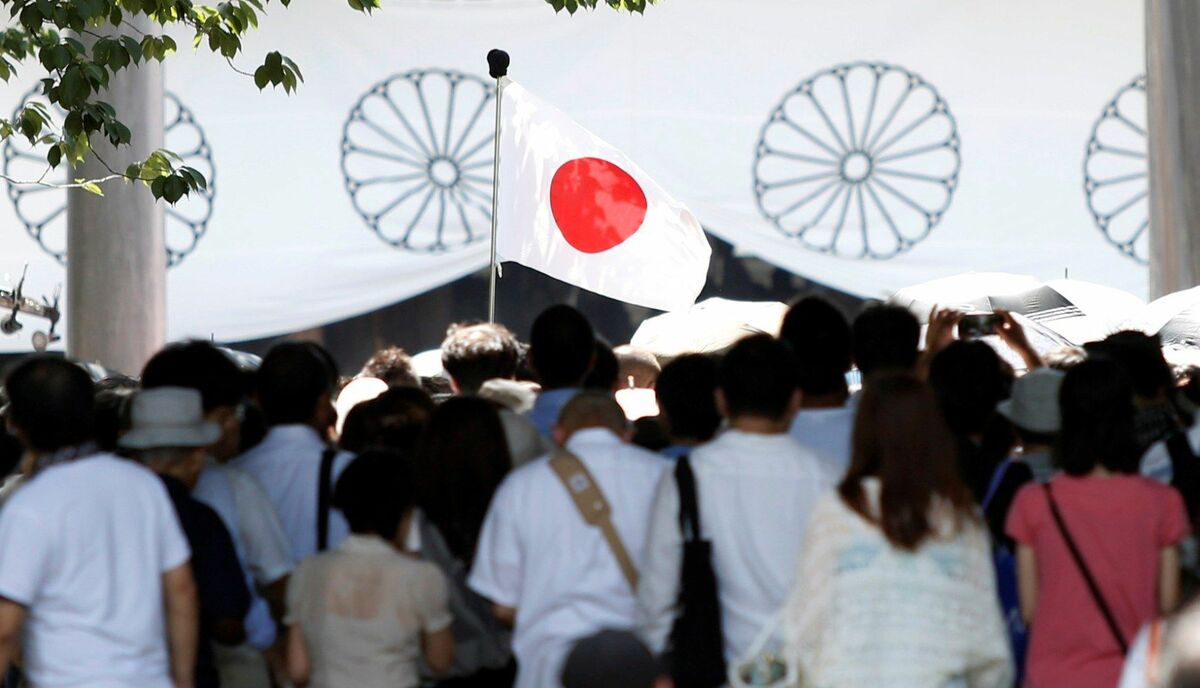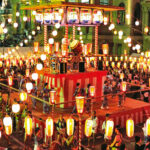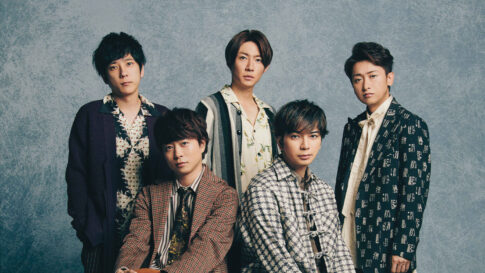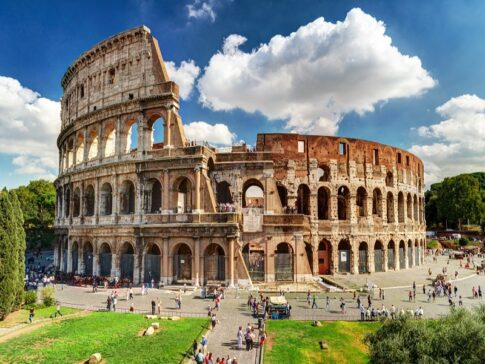終戦記念日のことを学ぶ際に役立つ英単語をいくつか紹介します。
- Surrender – 降伏
例: Japan’s surrender in World War II. - Memorial – 記念(碑)、追悼
例: The End of the War Memorial Day. - Anniversary – 記念日
例: The anniversary of the end of World War II. - Remembrance – 追悼、記憶
例: A day of remembrance for the victims of the war. - Ceremony – 式典
例: Many ceremonies are held on August 15th. - Peace – 平和
例: People pray for peace on this day. - War – 戦争
例: The end of World War II. - Victim – 犠牲者
例: To honor the victims of the war. - Reflection – 反省、熟考
例: A time for reflection on the past. - Tragedy – 悲劇
例: The tragedies of war.
これらの単語を使って、終戦記念日についての理解を深めることができます。
終戦記念日のことを日本語と英語で学ぼう
終戦記念日は、毎年8月15日に日本で行われる記念日です。この日は、1945年に日本が第二次世界大戦で降伏し、戦争が事実上終結した記念日です。この日は、戦争中に命を失った兵士や民間人、そして日本だけでなく他国の犠牲者を追悼し、平和を祈る日となっています。多くの人々が祈りを捧げたり、犠牲者を追悼するための式典に参加したりします。
The “End of the War Memorial Day” in Japan, known as “Shūsen Kinenbi” (終戦記念日), is observed on August 15th each year. This day marks the anniversary of Japan’s surrender in World War II in 1945, effectively ending the war. It is a day of reflection and remembrance for those who lost their lives during the war, including soldiers and civilians from both Japan and other countries. On this day, many people in Japan pray for peace and attend ceremonies to honor the victims of the war.
終戦記念日を説明する際に役立つ英語フレーズ
終戦記念日を説明する際に役立つ英語フレーズをいくつか紹介します。
- “August 15th is known as the End of the War Memorial Day in Japan.” 「8月15日は日本で終戦記念日として知られています。」
- “This day marks Japan’s surrender in World War II.” 「この日は日本が第二次世界大戦で降伏したことを記念しています。」
- “It is a day of remembrance for those who lost their lives during the war.” 「この日は、戦争中に命を落とした人々を追悼する日です。」
- “Many people pray for peace and attend memorial ceremonies on this day.” 「多くの人々がこの日に平和を祈り、追悼式に参加します。」
- “The day serves as a time for reflection on the tragedies of war.” 「この日は、戦争の悲劇について反省する時でもあります。」
- “August 15th marks the anniversary of the end of World War II.” 「8月15日は第二次世界大戦の終結記念日です。」
- “Ceremonies are held across Japan to honor the war victims.” 「日本全国で戦争犠牲者を追悼する式典が行われます。」
- “The day is significant for promoting peace and remembering history.” 「この日は平和を促進し、歴史を記憶する上で重要です。」
- “It is a solemn day of reflection and remembrance in Japan.” 「これは日本における厳粛な反省と追悼の日です。」
- “People gather to pay their respects to those who suffered during the war.” 「人々は戦争で苦しんだ人々に敬意を表するために集まります。」
これらのフレーズを使って、終戦記念日の意義や背景を英語で説明することができます。
🔹 会話例 1:日付について
A: Do you know about Shūsen Kinenbi in Japan?
(日本の「終戦記念日」を知っていますか?)
B: No, what is it?
(いいえ、何ですか?)
A: It’s on August 15th. We remember the end of World War II.
(8月15日です。第二次世界大戦の終わりを記念します。)
🔹 会話例 2:意味について
A: What does Shūsen Kinenbi mean?
(終戦記念日ってどういう意味ですか?)
B: It means “the memorial day for the end of the war.”
(戦争の終わりを記念する日という意味です。)
🔹 会話例 3:行事について
A: How do people in Japan spend this day?
(日本の人々はこの日をどう過ごしますか?)
B: Many people watch the ceremony on TV and pray for peace.
(多くの人がテレビで式典を見たり、平和を祈ったりします。)
🔹 会話例 4:個人の気持ち
A: What do you think about Shūsen Kinenbi?
(終戦記念日についてどう思いますか?)
B: I think it’s very important. We should not forget the past.
(とても大切だと思います。過去を忘れてはいけません。)
🔹 会話例 5:国際比較
A: Do other countries have similar days?
(他の国にも似たような日はありますか?)
B: Yes, in the U.S., we have Memorial Day. It’s for soldiers who died in wars.
(はい、アメリカにはメモリアルデーがあります。戦争で亡くなった兵士を追悼する日です。)
👉 英会話カフェや授業では、
- What is it?(それは何?)
- How do you spend the day?(どう過ごすの?)
- What do you think about it?(どう思う?)
といったシンプルな質問で会話を広げやすいです。















終戦記念日のことを話す際に役立つ英単語